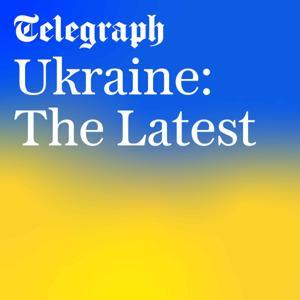The National Army Museum's Justin Maciejewski reveals how General Bagnall's far-reaching reforms transformed the British Army for war against the USSR.
By the 1980s, General (later Field Marshal) Sir Nigel Bagnall GCB CVO MC and bar (1927-2002) felt that British Army was ill-prepared for the fight against the Soviets. He pinpointed shortcomings such as the lack of conventional mass, the right doctrine and a personnel skills gap. Moreover, British plans did not fit with the allied armies on either flank.
Bagnall sought to transform the Army and integrate it within a broader NATO approach involving changing nuclear and conventional postures, most notably the Air-Land Battle.
Commissioned as an infantry officer, Bagnall was schooled in counter-insurgency warfare in Palestine, Malaya, Cyprus and Indonesia-Malaysia before becoming an armour commander in West Germany. As Chief of the General Staff, he steered many of the reforms he had initiated when commanding the British Army of the Rhine, changing the face of the Army and leaving it better prepared for war in Europe. According to Justin Maciejewski, the reforms made Bagnall the most consequential officer since the Second World War.
Justin Maciejewski DSO MBE spent 27 years in the British Army before becoming a management consultant for McKinsey and then moving to the National Army Museum in London. He draws on his experience serving in the Army through the Bagnall reforms, and his time as a consultant overseeing commercial transformation programmes.
Further Reading
Justin Maciejewski, How the British Army's Operations Went Agile, McKinsey Quarterly, October 2019.
Alexander Alderson, Influence, the Indirect Approach and Manoeuvre, RUSI Journal Vol.157:1, 2012, pp. 36-43.
Ben Barry, Rise and Fall of the British Army 1975-2025, Osprey, 2025.
Army, Army Doctrine Publication (ADP) 01, Operations, 1994.
Beatrice Heuser: NATO, Britain, France and the FRG: Nuclear Strategies and Forces for Europe, 1949-2000 (London: Macmillan, 1997)




































